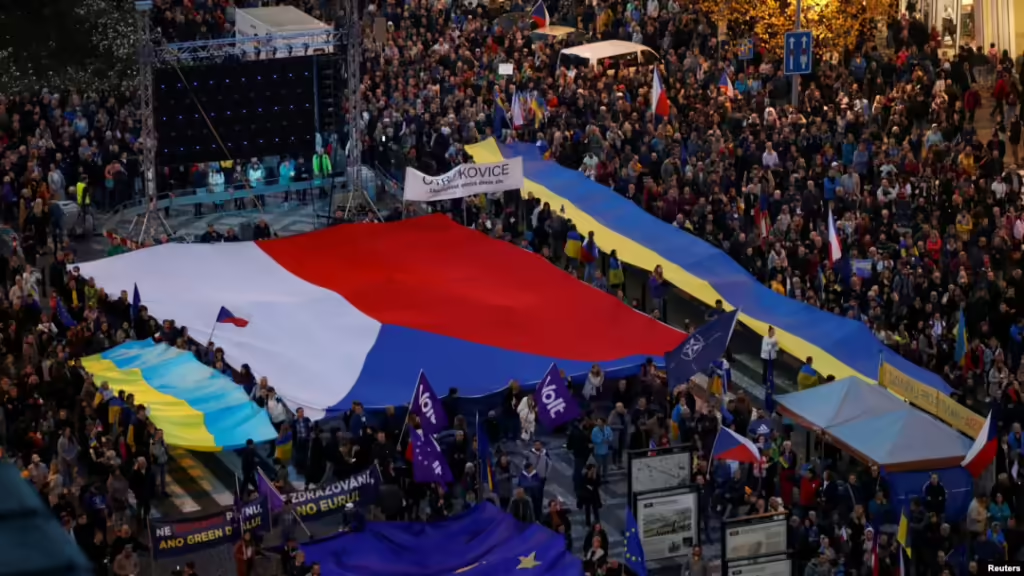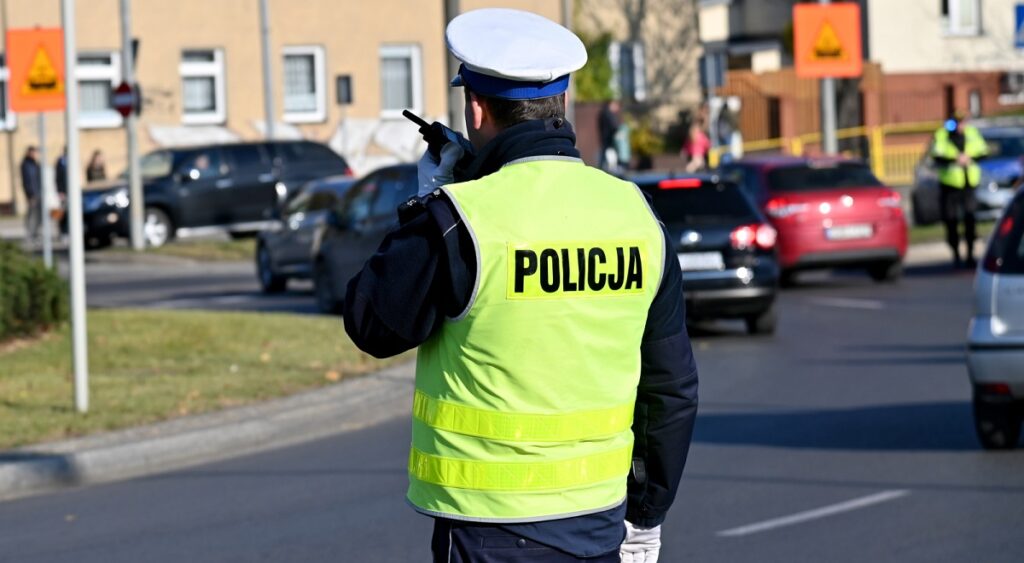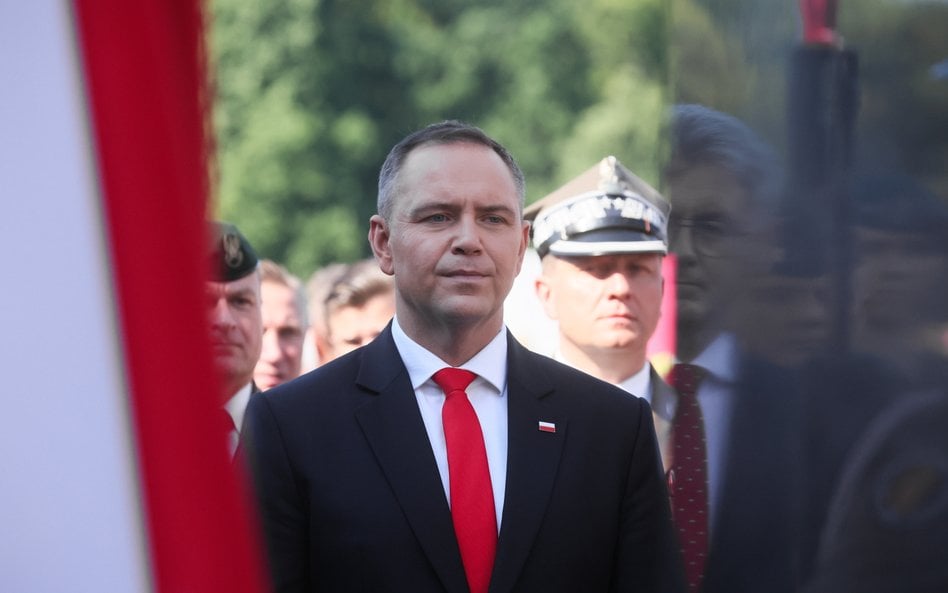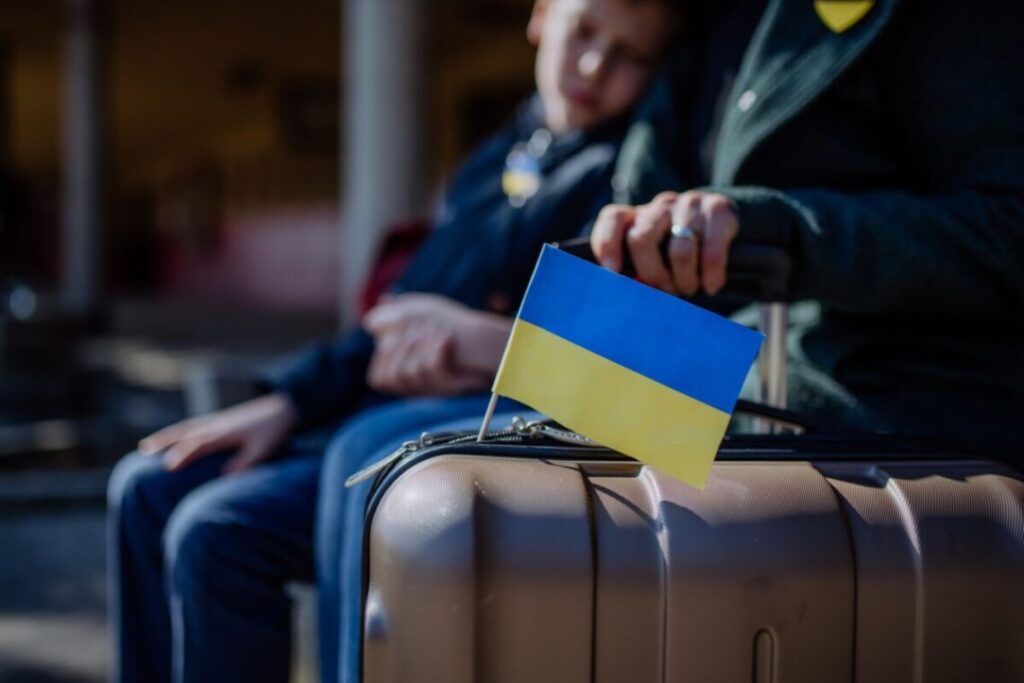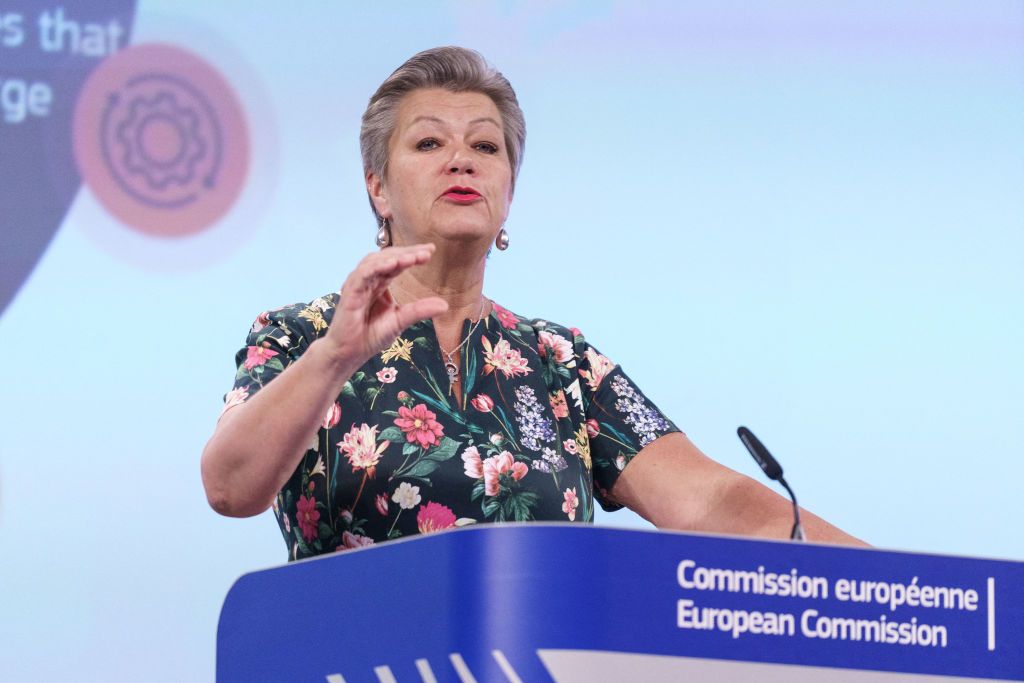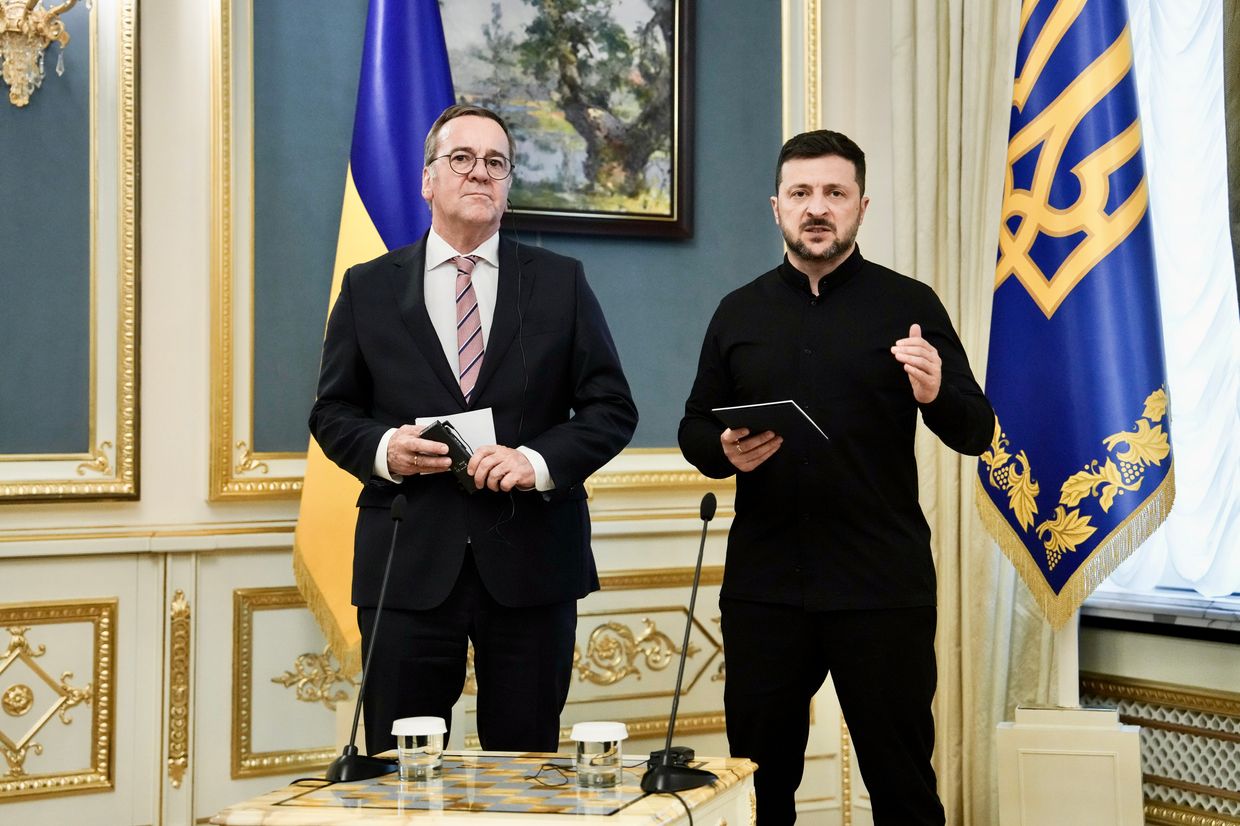Trump links Charlotte Ukrainian refugee murder to national security crisis

President Donald Trump offered condolences to the family of Ukrainian refugee Iryna Zarutska during a White House Commission on International Religious Freedom address, after she was fatally stabbed on Charlotte’s light rail system on 22 August.
Zarutska, 23, came to the United States following Russia’s invasion of Ukraine and was killed while riding home from work. The suspect, 34-year-old Decarlos Brown Jr., had served time in prison and been briefly committed for schizophrenia.
Trump said he reviewed surveillance footage of the attack, calling it unwatchable due to its severity.
“We’re all people of religion but there are evil people and we have to confront that,” Trump said. “I just give my love and hope to the family of the young woman who was stabbed this morning or last night in Charlotte by a madman, a lunatic just got up and started. It’s right on the tape. Not really watchable because it’s so horrible, but just viciously stabbed. She’s just sitting there.”
The President connected the incident to broader violent crime patterns in American cities.
“They’re evil people. We have to be able to handle that. If we don’t handle that, we don’t have a country,” Trump said during the religious freedom commission meeting.
Trump announced the creation of what he described as “the first ever Department of Justice task force to eradicate anti-Christian bias.” He characterized anti-Christian prejudice as widespread but underreported.
“For those people that are a little bit naive or not well read, there is a tremendous anti-Christian bias. We don’t hear about it. We don’t think about it. You hear about anti-semitic, but you don’t hear about anti-Christian. Now, you have a strong anti-Christian bias, but we’re ending that rapidly.”
The President said that his administration’s position on violence: “The Trump Administration will not tolerate terrorism or political violence, including hate crimes against Christians, Jews or anyone else. We will not allow this.”
Brown faces first-degree murder charges and has 14 prior criminal cases on his record. Zarutska suffered three stab wounds and was pronounced dead at the scene at 10:05 pm. The motive for the attack remains unknown as the investigation continues.
